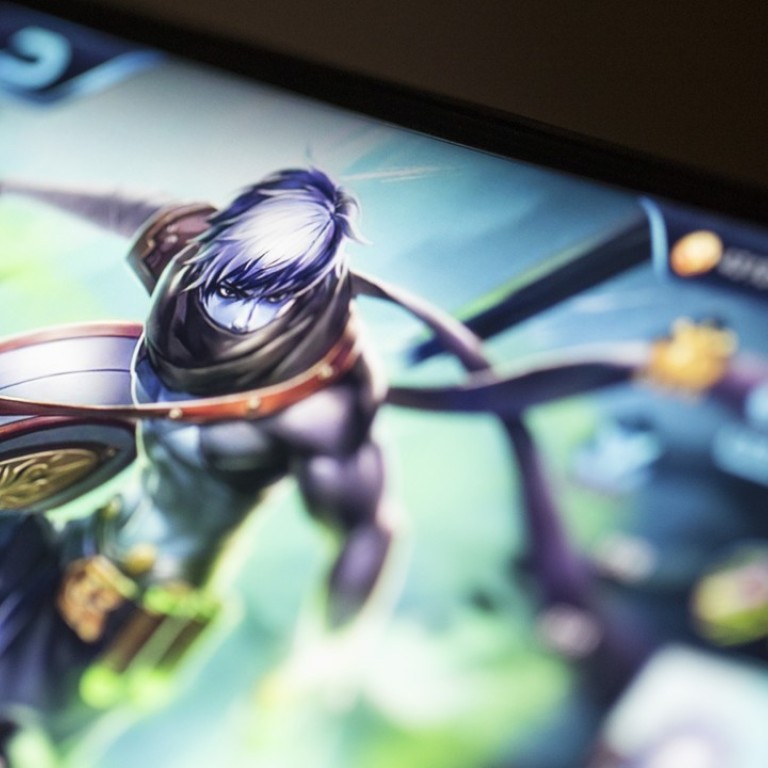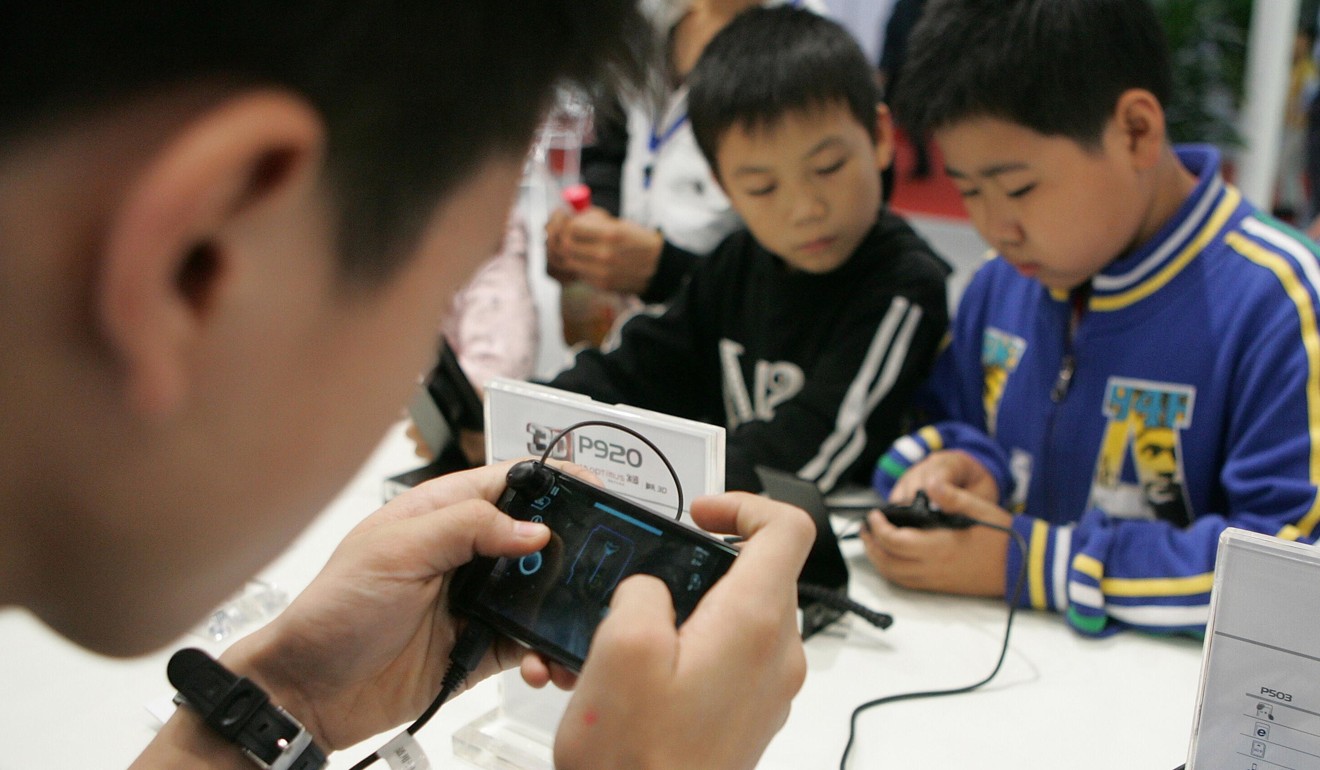
Exclusive | China’s gaming boom hit by freeze in licensing as propaganda body takes charge
Halt in new licences since March predicted to continue by government source, who confirms Central Propaganda Department will oversee gaming regulation
The Chinese government is giving the Communist Party propaganda department the power to license online games as it seeks greater control of the country’s gaming market – but the revamp is resulting in huge losses for its game developers.
Approvals of licences for new games have been suspended since the end of March, and a government source has told the South China Morning Post it may take a further four to six months to finalise the new licensing system.
China’s online game market, the world’s largest, has experienced dramatic growth in recent years, but the government is showing increasing concern about what it sees as the genre’s negative aspects, including violent content and its effect on the eyesight of the country’s teenagers.
It is expected that Beijing will tighten controls over which games Chinese consumers can play, and how they can play. It is yet to be decided whether this will involve quota systems or entrance barriers for games.
The centralising of game approval at a single bureau is confirmed for the first time in a document published last week on the website of China’s education ministry, which outlines how China plans to address myopia – nearsightedness – among children.
“The publication bureau of the [party] Central Propaganda Department is the body licensing games in China,” said the source, who declined to be named.
“Its government face, the State Administration of Press and Publication, will deal with external parties.”
Chinese ministries and agencies have dual structures, reporting to the government on one channel but in reality reporting to the Communist Party.
The licensing delays have hit gaming companies, from tech giants like Tencent Holdings and NetEase to hundreds of small firms, with all games, even those offered for free, required to obtain a licence to be published in China.
The delays have contributed to the slowest first-half growth in at least a decade in the country’s US$38 billion games market, and have highlighted a key regulatory risk of doing business in China: an opaque regulatory system that is powerful but unaccountable.
Martin Lau Chi-ping, the president of Tencent, said after the company’s disappointing first-half results that the regulatory reshuffle was a reason for its first profit drop since 2005.
Xiao Wenhan, a Shanghai-based gaming analyst with Soochow Securities, said that a longer freeze in licensing games would “give a huge blow to the market sentiment” when many small Chinese game developers are already struggling after nearly a six-month halt.

Were the suspension to last for a further four to six months – as the Post’s source predicts – the outlook for such businesses “would be more pessimistic than we thought before”, said Xiao, who had previously expected Beijing to resume approving games within two to three months.
Gao Baowen, an analyst with Shanghai-based Orient Securities, said that if the suspension in licensing continues, the industry will suffer a deeper slowdown.
Games publishers usually acquire licences three to sixth months before a product launches, he explained. “In half a year, everyone will run out of stock,” Gao said.
The new regulatory system, in the pipeline for months, represents a marked difference from the old double-agency structure, in which licences were granted by the former State Administration of Radio, Film and Television (SARFT) – which has been succeeded by the National Radio and Television Administration.
The former Ministry of Culture – now the Ministry of Culture and Tourism – had handled gaming registration, but the two agencies will no longer be involved, said the source, who has direct knowledge of the change.
The education ministry document said that the State Administration of Press and Publication, formed in April after being stripped out from SARFT, will “implement controls on the total number of online video games, control the number of new video games operated online, explore an age-appropriate reminder system in line with China’s national conditions, and take measures to limit the amount of time minors [spend playing games]”.
Firms affected by the changes have found they can do little but wait for the dust to settle in Beijing, with no sign that the new regulatory system will be in place soon.
The State Administration of Press and Publication does not yet have a dedicated website, and China has not announced the new leadership of the administration.
The Post reported at the end of July that Liang Yanshun, 56 – formally a deputy secretary of a committee managing Communist Party procedures within its Central Committee – was to lead the department.
The source said that, for new games under the new system, “it would be wrong to assume that it will be easier to get approval”.


